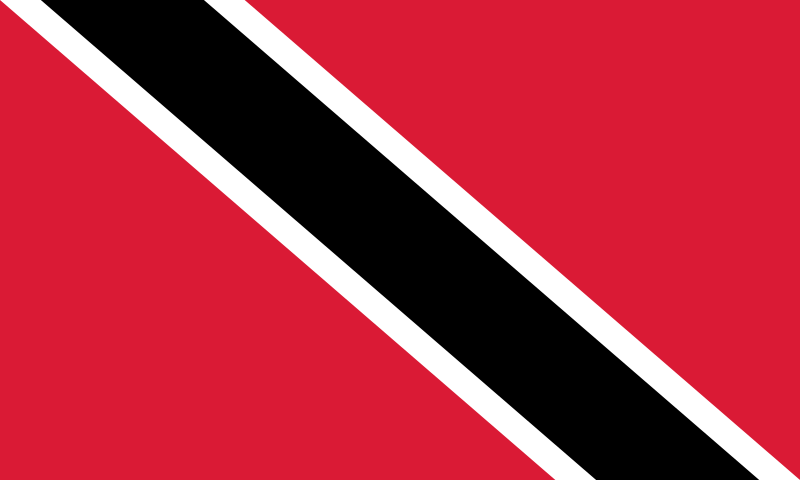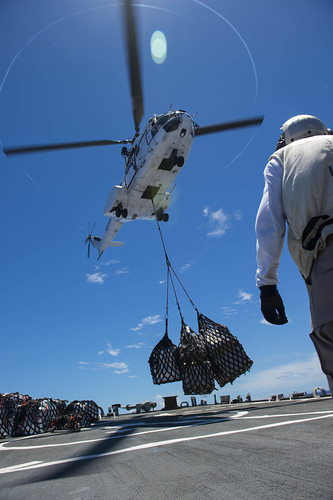 In Part I related to the 2018 flooding in Trinidad and Tobago, I was very upbeat about how the community was handling things, and here, now, I will be less upbeat – but not as a matter of politics. The government response is a symptom of a lack of preparedness for a disaster at this scale.
In Part I related to the 2018 flooding in Trinidad and Tobago, I was very upbeat about how the community was handling things, and here, now, I will be less upbeat – but not as a matter of politics. The government response is a symptom of a lack of preparedness for a disaster at this scale.
When I write of ‘this scale’, too, this is not as large a disaster as we have seen in the past internationally with earthquakes or hurricanes or tsunamis or typhoons or… and yet, the reality is that for anyone affected or responding to any disaster, it’s huge. It’s emotional, it’s frustrating, and well intentioned people want to do more and expect governments to do more.
It’s clear that the government of Trinidad and Tobago is overwhelmed at this time. While many people only heard a part of what the Prime Minister of Grenada commented on the Prime Minister of Trinidad and Tobago’s statement that Trinidad and Tobago was not accepting aid at this time, they did not hear the key to it all: Logistics. The Government of Trinidad and Tobago cannot handle the logistics of disbursing more aid at this time according to Prime Minister of Trinidad and Tobago, Dr. Keith Rowley.
In essence, a flood of aid might be wasted, and the sane thing to do is to hold off on asking for assistance until what is needed is actually identified. This is common sense, but it’s common sense that leaves people when they are flooded with imagery of homes underwater, of people who have lost all but the love of their brothers and sisters.
In the end, while unpopular, the Prime Minister of Trinidad and Tobago was honest about the capacity of government to handle the situation – something which has been neglected for decades. People have been uttering, “God is a Trini” for as long as I can remember, a testament to faith that Trinidad and Tobago alone had some form of relationship with a superior being. God simply doesn’t handle logistics when the… water… hits the fan.

I’m critical of government, apolitically. I have been publicly critical of one Minister flying around in an airplane instead of being at his desk, among others, and I have been critical of the Trinidad and Tobago Office of Disaster Preparedness and Management (ODPM) for years.
It was only a year ago when we had to deal with Tropical Storm Brett and it’s fallout – and I wrote some things in that context a year ago that have apparently not been addressed. Flash flooding is not new in Trinidad and Tobago.
It’s getting worse – scientists agree on climate change though politicians do not; the complexity of climate change is lost on many. Sea levels are rising. We’ve been seeing increased rainfall in parts of the world, droughts in others.
 Systems do not change quickly. When I wrote about Brett last year in Trinidad and Tobago, I didn’t expect an immediate change – but I did expect at least a few things to change. The ODPM still has a useless app, it’s still ponderously slow to respond for such a small organization in a small country… it’s a bit like a mouse that lacks agility, slamming into walls with the precision of a meteorite. And it’s a symptom of larger issues that plague Trinidad and Tobago.
Systems do not change quickly. When I wrote about Brett last year in Trinidad and Tobago, I didn’t expect an immediate change – but I did expect at least a few things to change. The ODPM still has a useless app, it’s still ponderously slow to respond for such a small organization in a small country… it’s a bit like a mouse that lacks agility, slamming into walls with the precision of a meteorite. And it’s a symptom of larger issues that plague Trinidad and Tobago.
So no, the government of Trinidad and Tobago doesn’t get a free pass, but the present government needs to turn decades of lack of exercise of this arm of government to deal with things – as well as other things, which I’ll get to in a later post.
The global economy isn’t waiting for Trinidad and Tobago.
Neither is nature.

